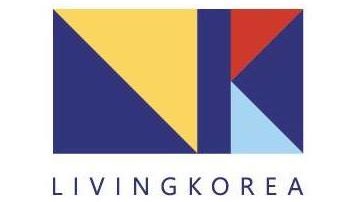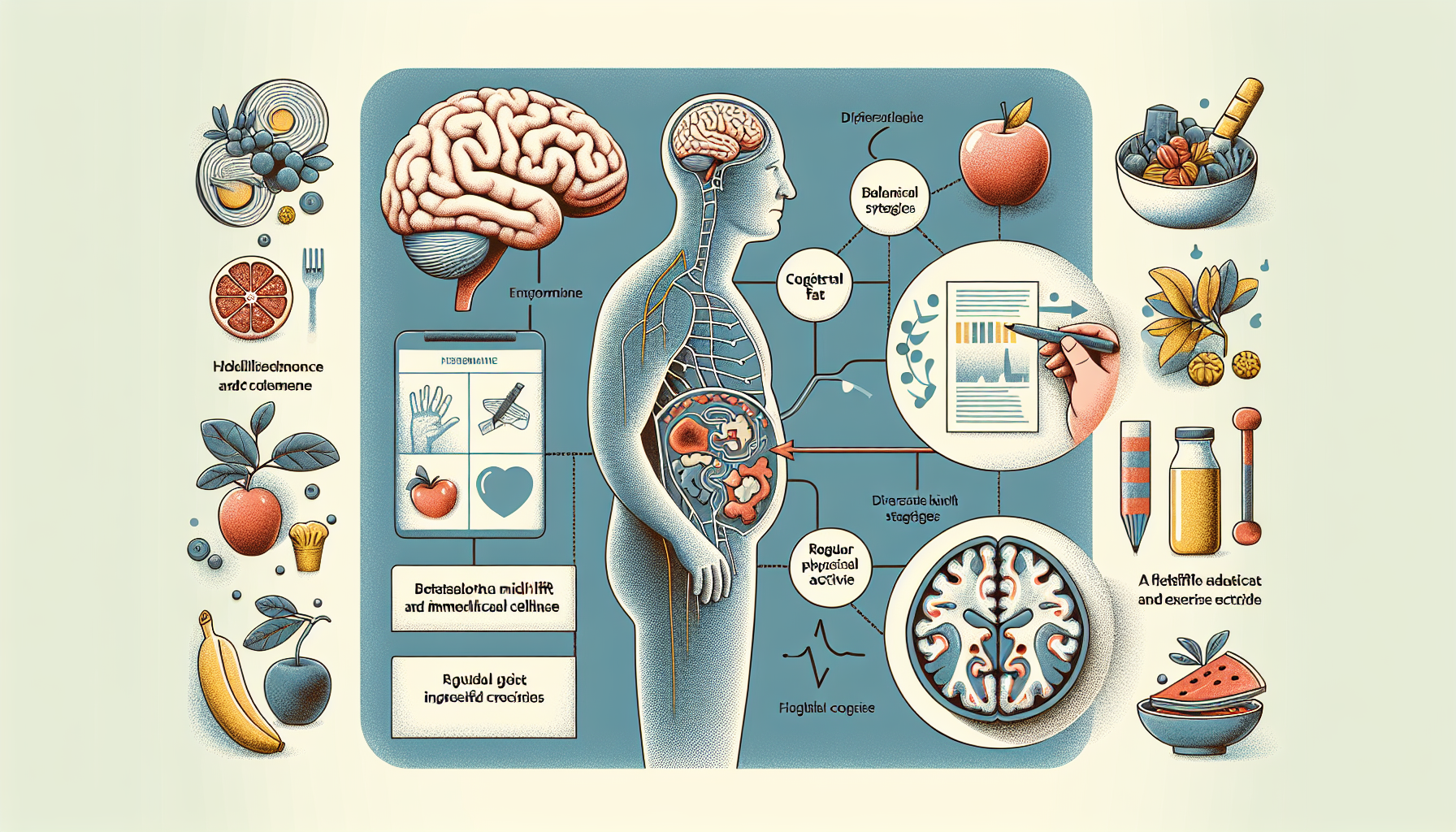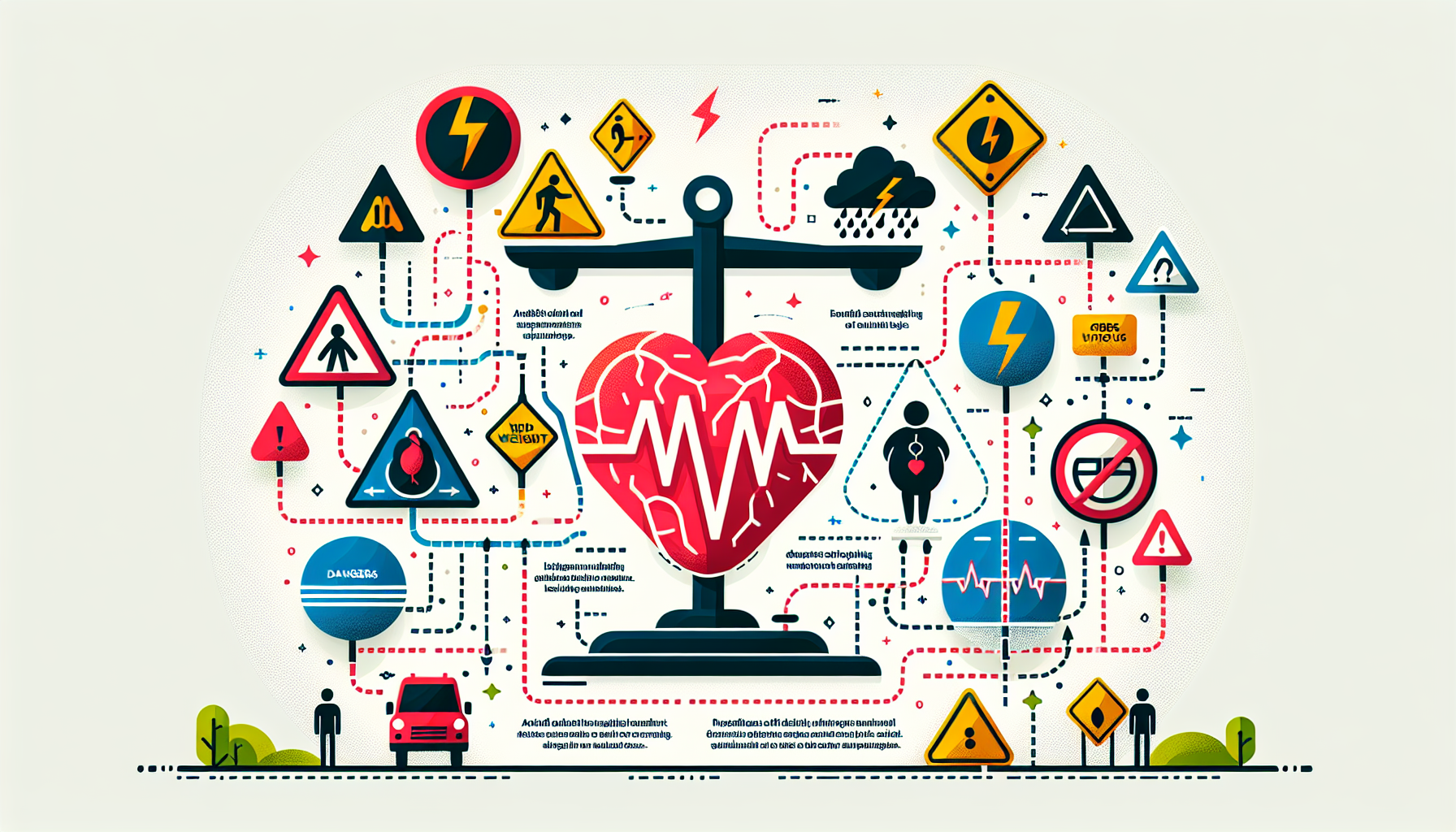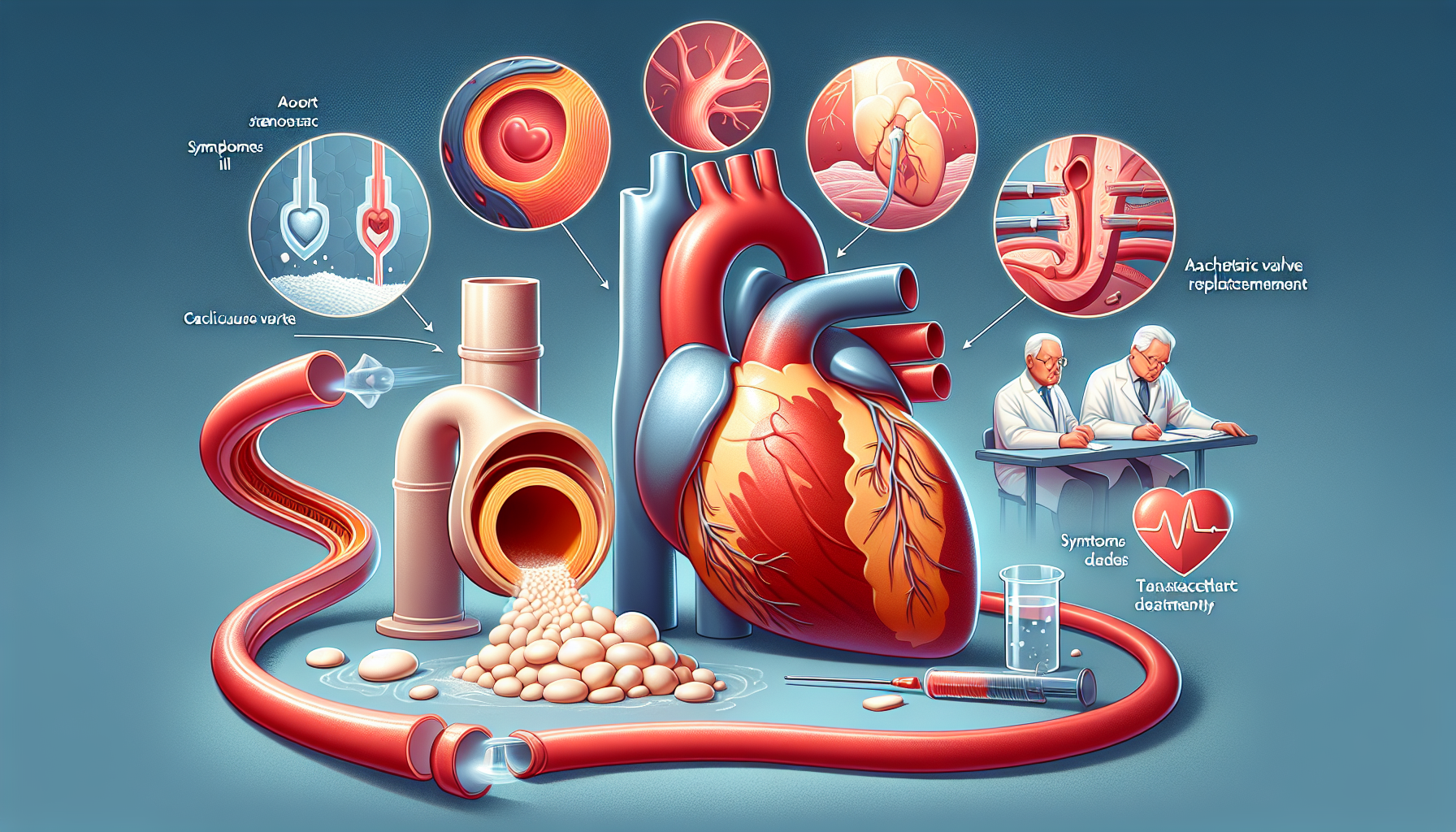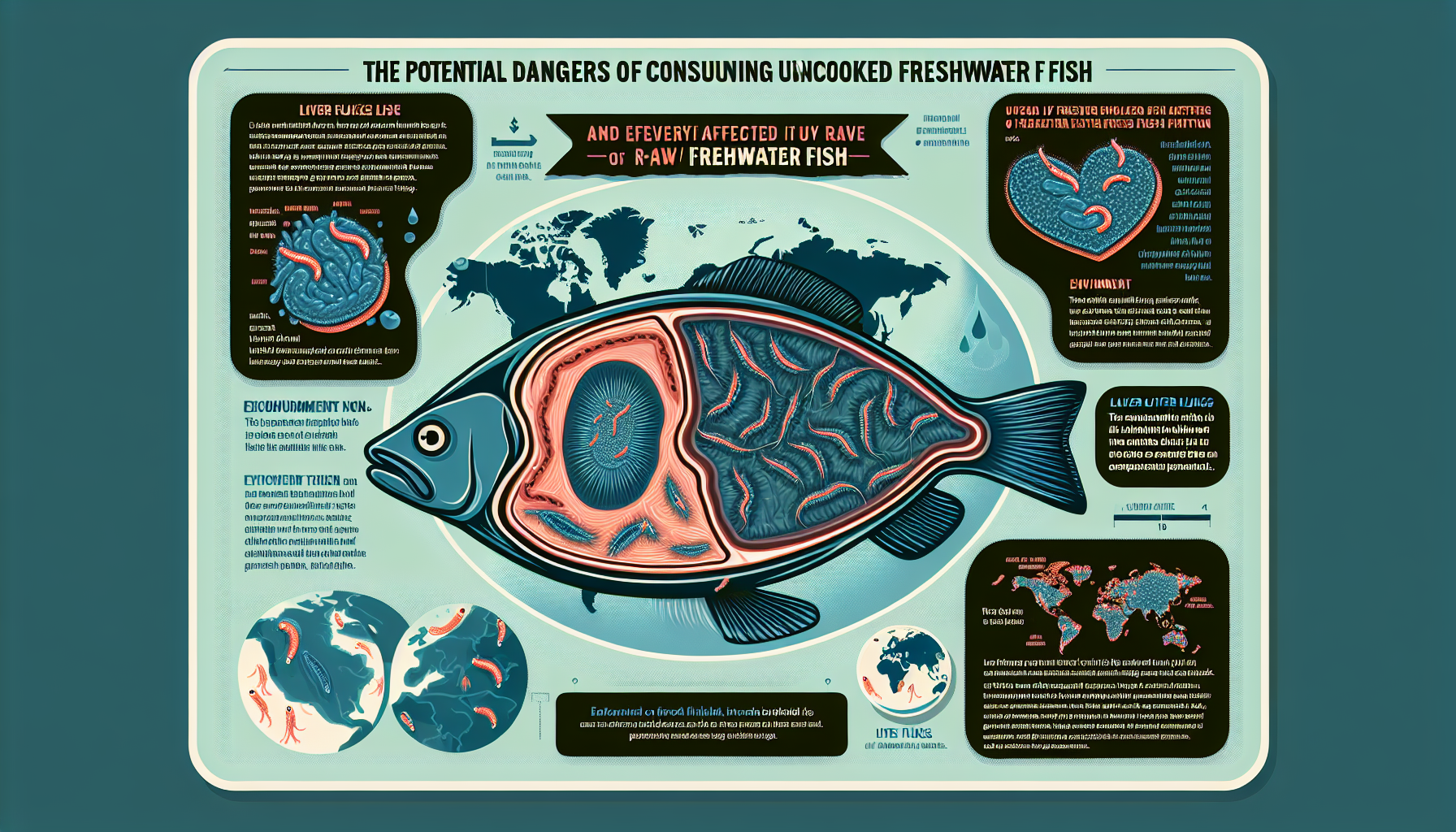Link Between Midlife Abdominal Fat and Cognitive Decline: Insights and Health Strategies
Title: Unraveling the Link Between Midlife Belly Fat and Cognitive Decline in Aging: Key Findings and Health Tips Introduction: Have you ever considered how the size of your waistline in your 40s could impact your mind when you hit 70? For many of us, the connection between our dietary habits in midlife and cognitive performance later on might not seem obvious. However, recent research findings have highlighted an intriguing link: maintaining a healthy diet and managing abdominal obesity in your 40s and 50s might be crucial in preserving brain function as you age. This blog post will delve into the main points of this essential study, offering insights into how lifestyle choices today can protect your mind in the years to come. The Study That Connects Abdominal Fat to Brain Health A groundbreaking study conducted by Dr. Daria Jenson and a team from the University of Oxford analyzed data from a 30-year research project involving British participants. The study focused on the dietary habits and waist-to-hip ratios of individuals in midlife, evaluating the effects on cognitive functions once these individuals reached their 70s. Researchers found significant associations between healthy midlife habits and cognitive performance later on. Simply put, the more you mind what you eat and your waistline now, the better your brain could function in your golden years. Healthy Diets: Building Blocks for Better Brain Health Healthy eating in midlife has shown to preserve the hippocampus, a brain region crucial for memory and learning. The study particularly noted that individuals who followed a nutritious diet maintained stronger hippocampal functions and more intact white matter, an important component for learning and focus. This indicates that a diet rich in whole foods, lean proteins, and healthy fats—while limiting processed foods—could be your future brain’s best friend. The Dangers of Belly Fat: Understanding the Risks Excess abdominal fat is not just about aesthetic concerns; it has far-reaching implications for your health, including your brain. The research emphasized how individuals with higher waist-to-hip ratios faced cognitive decline in their senior years, showing poorer working memory and decision-making abilities. Maintaining a healthy waistline appears to be as crucial for your mind as it is for your body. The Golden Age for Change: Why 48-70 Is Vital Researchers have pointed out that the ages between 48 and 70 could be the most effective period for dietary adjustments and managing abdominal obesity to prevent cognitive decline. Think of these decades as an opportunity for proactive health measures. By taking steps to improve your diet and reduce belly fat, you potentially shield your brain from the ravages of time. Practical Tips for Managing Diet and Waistline Here are some actionable steps you can take today for a healthier tomorrow: Balanced Diet: Prioritize whole grains, fresh fruits, vegetables, lean proteins, and healthy fats. Avoid trans fats, excessive sugars, and processed goods. Regular Exercise: Incorporate physical activity into your routine. Aim for at least 150 minutes of moderate aerobic activity or 75 minutes of vigorous activity each week. Stay Hydrated: Water supports all bodily functions, including brain health. Reduce intake of sugary and alcoholic beverages. Mindful Eating: Pay attention to portion sizes and eat slowly to listen to your body's signals of satiety. Consistent Sleep: Aim for 7-9 hours of quality sleep per night—insufficient sleep can contribute to weight gain and cognitive impairments over time. Conclusion: Your Midlife Lifestyle Choices Could Secure a Sharper Mind in Your Senior Years This study underscores a vital insight: our health choices in midlife hold the key to our cognitive well-being in the future. Understanding the impact of our diet and physical health on brain performance encourages a holistic approach to wellness. As we age, these lifestyle factors will play a significant role in determining not just the length of our lives, but the quality as well. What steps will you take today to secure a healthy mind tomorrow? Embrace the power of informed choices and start making decisions now that will enhance your life well into your later years.
